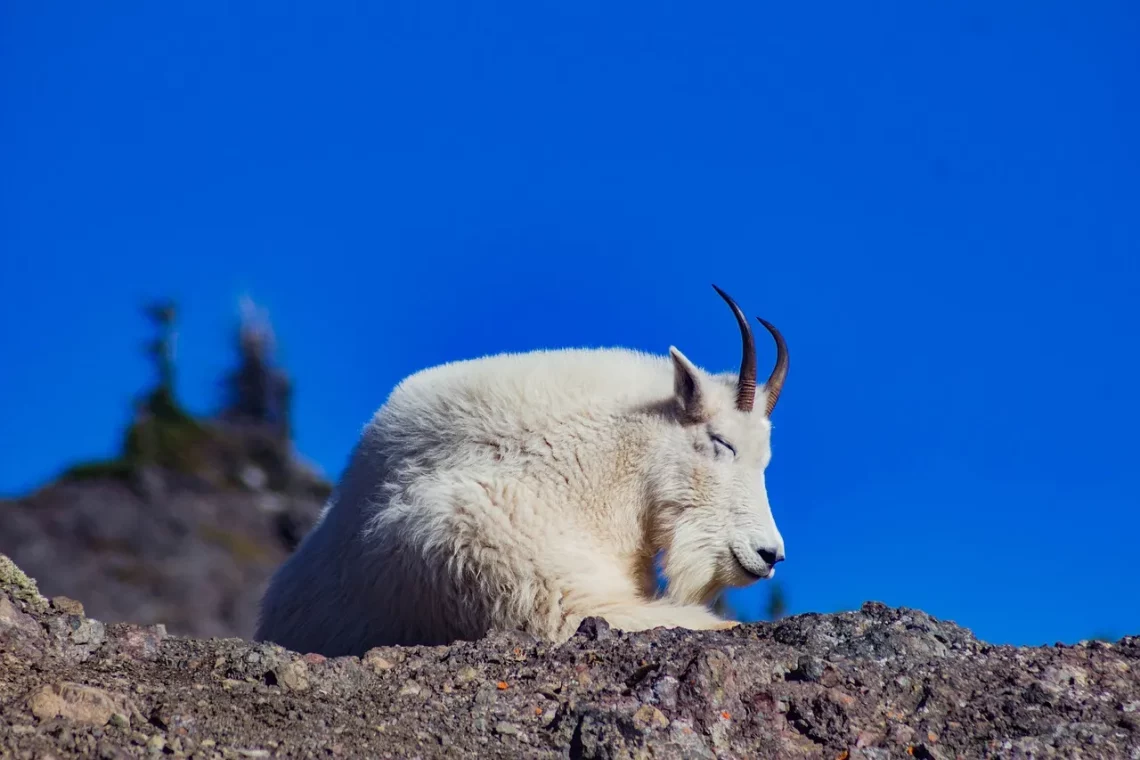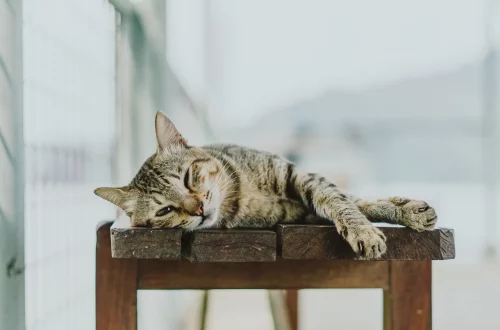
How Much Do Fainting Goats Cost and What Influences Their Price?
Fainting goats, known for their unique reaction to sudden stimuli, have captured the hearts of many animal lovers and farmers alike. These goats are not just a novelty; they embody a fascinating blend of charm and curiosity. As their name suggests, these goats exhibit a temporary state of muscle stiffness and collapse when startled, a phenomenon caused by a genetic condition known as myotonia congenita. This quirky behavior has made them a popular choice among pet enthusiasts and those looking to add a bit of personality to their farms.
Their endearing traits and entertaining antics contribute to their growing popularity, but prospective owners often find themselves wondering about the cost of acquiring these goats. The price of fainting goats can vary significantly based on a multitude of factors, including lineage, age, and even geographical location. Understanding these elements is crucial for anyone considering adding a fainting goat to their household or farm.
Beyond the initial purchase price, there are ongoing costs associated with their care, including housing, feeding, and veterinary needs. By exploring these aspects, potential owners can make informed decisions and ensure they provide the best possible environment for these delightful creatures.
Factors Influencing the Cost of Fainting Goats
When contemplating the price of fainting goats, it’s essential to recognize the various factors that influence their cost. One of the primary determinants is the goat’s lineage. Fainting goats that come from a strong pedigree, with a history of health and desirable traits, often command a higher price. Breeders may charge more for goats that have won awards or come from a line of prize-winning goats due to the perceived value of their genetics.
Age also plays a significant role in pricing. Younger goats, particularly kids, tend to be more expensive than older goats. This is primarily because younger goats can be trained and socialized more easily, making them more appealing to potential owners. Additionally, the goat’s health status can affect its price; goats that have been regularly checked by a veterinarian and are free from common ailments may be sold at a premium.
Geographical location is another factor that can influence prices. In areas where fainting goats are more popular, prices might be on the higher side due to demand. Conversely, in regions where they are less common, prices may be lower, but availability could be an issue.
Finally, the seller’s reputation can impact pricing. Established breeders with a solid track record of healthy, well-cared-for goats may charge more for their animals. Buyers are often willing to pay a premium for goats that come with assurances of good health and temperament, as well as proper documentation.
Average Price Range for Fainting Goats
The average price of fainting goats can vary considerably, typically ranging from a few hundred to several thousand dollars. On the lower end, you might find goats priced around $200 to $400. These prices usually apply to goats that are not show-quality or come from less prestigious lines.
As you move up the price scale, you can expect to pay between $400 and $800 for fainting goats that are of better quality. These goats are often more socialized, healthier, and may have desirable traits that make them appealing for breeding or showing purposes.
At the high end of the spectrum, show-quality fainting goats can cost upwards of $1,000 to $3,000 or more. These goats are typically bred for specific traits, including conformation, temperament, and overall health. Buyers looking for show goats or breeding stock are often willing to invest significantly more to ensure they are acquiring the best animals available.
It’s also worth mentioning that prices can fluctuate based on the seller’s circumstances and market demand. For instance, during times of increased interest in fainting goats, such as during fair seasons or livestock exhibitions, prices may rise due to higher demand. Conversely, during off-peak times, sellers may lower prices to attract buyers.
Ongoing Costs of Fainting Goat Ownership
Owning fainting goats involves more than just the initial purchase price; ongoing expenses are an essential consideration for prospective owners. Understanding these costs will help ensure that you can provide a stable and healthy environment for your goats.
First and foremost, basic care involves feeding. Fainting goats require a balanced diet that includes hay, grains, and minerals. The cost of feed can vary based on location and availability, but you might expect to spend anywhere from $20 to $50 per month per goat. Additionally, goats need access to clean, fresh water at all times, which may incur additional costs depending on your water source.
Housing is another critical expense. Fainting goats require shelter from the elements, which can be a simple barn or a more elaborate goat house. The costs for building or maintaining a shelter can range from a few hundred to several thousand dollars, depending on your specific needs and local building codes.
Regular veterinary care is vital for maintaining the health of your fainting goats. Routine vaccinations, deworming, and health checks can add up over time. Expect to budget at least $100 to $300 annually per goat for veterinary expenses.
Lastly, there are miscellaneous costs to consider, such as fencing, bedding, and grooming supplies. Proper fencing is crucial for keeping your goats safe and secure, and the costs can vary widely based on the type and length of fencing required. Bedding, while a smaller expense, is necessary for maintaining a clean living environment for your goats.
In summary, while the initial purchase price of fainting goats can vary, the ongoing costs associated with their care are also significant. Understanding these expenses will help you make an informed decision about whether fainting goats are the right choice for you.
Choosing the Right Breeder
Selecting the right breeder is crucial when considering adding a fainting goat to your family. A reputable breeder will not only provide you with a healthy animal but also offer guidance on care and ownership. When searching for a breeder, it’s essential to conduct thorough research.
Start by looking for breeders who specialize in fainting goats and have a good reputation within the community. You can find information through online forums, local agricultural extensions, or livestock shows. Recommendations from other goat owners can also be invaluable.
Once you have a list of potential breeders, visit their farms if possible. Observing the living conditions of the goats can give you insights into their health and well-being. A good breeder will maintain clean facilities and provide proper care for their animals.
Additionally, ask about the health history of the goats. A reputable breeder should be able to provide documentation of vaccinations and health checks. This information is crucial for ensuring that you are purchasing a healthy animal.
Engage with the breeder and ask questions about the temperament of the goats, their lineage, and any specific care requirements. A knowledgeable breeder will be more than happy to answer your questions and provide you with the necessary information to help you make an informed decision.
Finally, consider the breeder’s willingness to provide ongoing support after the sale. A good breeder will be invested in the well-being of their animals and should be available for questions or concerns as you transition into goat ownership.
In conclusion, fainting goats can be a delightful addition to your home or farm, but understanding their costs and care requirements is essential. By researching and selecting the right breeder, you can ensure that you start your goat-keeping journey on the right foot.
This article is not intended to provide medical advice. Always consult with a veterinarian or qualified medical professional regarding health concerns or conditions.




